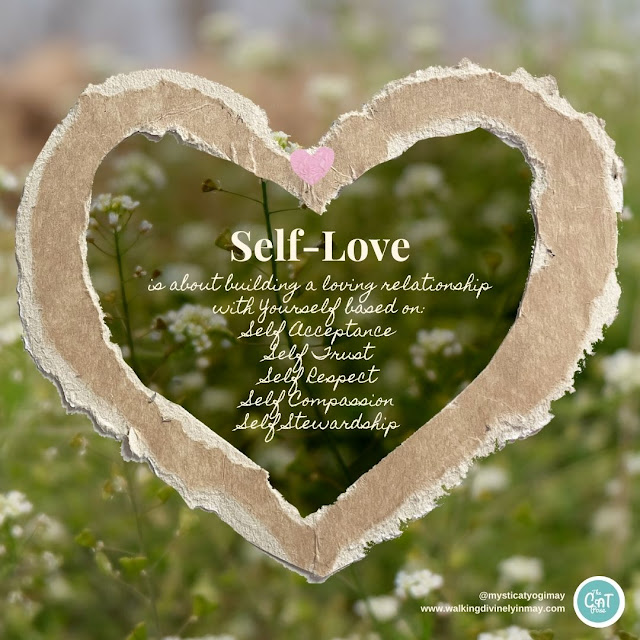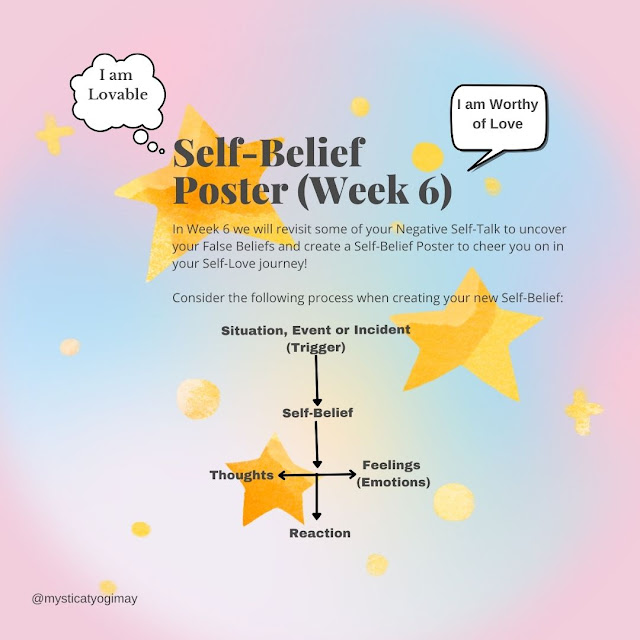LookS: 'Qipao Love' Part 6 ~ In the Mood for Qipao...with a Batik 50s twist!
 Think Elizabeth Taylor, Grace Kelly, Jackie Kennedy or even a young Queen Elizabeth II meeting Anna May Wong...and you might know where I am going with this look...with some vital inspiration from the movie 'In the Mood for Love' of course. In fact, this is actually the first time I attempted a proper bouffant...though I was weary of creating an exact copycat look of the beautiful Maggie Cheung in the movie and almost went for a beehive instead when planning the look...I am glad I opted for the bouffant in the end even with the early 6am wake. And yes...we are indeed talking about hair! There is a fine line between the bouffant and the beehive as both hairstyles involve teasing the hair to a height...but to me the bouffant is more girlishly playful with the allowance of curls, waves or pin-curls to put the spotlight on to an understated dome-like volume of hair, whilst the beehive is a straight-lined or cut to the chase overly raised hill-like height crowning the top of the head in a modern assertion of 'devil-may-care' female confidence. The feminine bouffant up-do with pin-curls that I whipped up as best I could hopefully fits the late 1950s inspired Qipao (Cheongsam) look I was looking to create...as I wanted a style that would complement rather than take the focus away from the dress. After all it is a rather unique dress!
Think Elizabeth Taylor, Grace Kelly, Jackie Kennedy or even a young Queen Elizabeth II meeting Anna May Wong...and you might know where I am going with this look...with some vital inspiration from the movie 'In the Mood for Love' of course. In fact, this is actually the first time I attempted a proper bouffant...though I was weary of creating an exact copycat look of the beautiful Maggie Cheung in the movie and almost went for a beehive instead when planning the look...I am glad I opted for the bouffant in the end even with the early 6am wake. And yes...we are indeed talking about hair! There is a fine line between the bouffant and the beehive as both hairstyles involve teasing the hair to a height...but to me the bouffant is more girlishly playful with the allowance of curls, waves or pin-curls to put the spotlight on to an understated dome-like volume of hair, whilst the beehive is a straight-lined or cut to the chase overly raised hill-like height crowning the top of the head in a modern assertion of 'devil-may-care' female confidence. The feminine bouffant up-do with pin-curls that I whipped up as best I could hopefully fits the late 1950s inspired Qipao (Cheongsam) look I was looking to create...as I wanted a style that would complement rather than take the focus away from the dress. After all it is a rather unique dress!Having loved the Qipao for some time and knowing that it is a garment capable of revealing an inner world of the wearer, I was still missing a piece that reflects the Malaysian influence in my background...so a Batik Qipao was the perfect new attire! The Qipao being a traditional attire with a historical tribal influence fits in well with the origins of my Chinese Hakka tribe ancestry, whilst the Batik fabric made through the use of hot wax and dye to create beautiful painting of prints on cotton-like fabric is famous as well as traditional for South East Asian countries like Malaysia and Indonesia. In fact, at a time when the cultural revolution took place during the 1950s, the Qipao disappeared from daily wear in China but flourished in parts of South East Asia and other countries with Chinese migrants...where Chinese women still considered the Qipao as lovable daily attire with variations of fabric from linen to silk. This is also why most of the female characters of the famous 'In the Mood for Love' movie can be seen wearing a Qipao, whether the location was set in Hong Kong or Singapore the Qipao was fashionable daily wear for most women right through to the 1960s.
It is an interesting regional development for the Qipao where ladies of Chinese heritage migrating to South East Asia felt the need to reinforce their cultural identity and chose to create a fusion dress that is the Batik Qipao. [For more information on Batik fabric: en.wikipedia.org/wiki/Batik] This was especially true in Malaysia with the emergence of the Nyonya culture in the small town of Melaka; where a fusion of Chinese and local Malay traditions became life, and a traditional Nyonya Kebaya dress using the Batik fabric as a sarong skirt matched with an elaborately fine embroidered top influenced by the Chinese ways was created. [For more information on the Kebaya: en.wikipedia.org/wiki/Kebaya]
Though my heritage is strictly more Chinese Hakka and not linked to Nyonya, it is the bit of memory where I watched a video of how the Batik was printed on a museum school trip whilst I spent a few years of my childhood in Malaysia that links me to this regional fabric. The Malaysian Batik is distinctively focused on vibrant flowers and leaves or butterfly prints in a spiral-like swirl across the fabric, which shows through almost clearly on the underside of the fabric because of the way it is printed. Some of you darlings may remember me mentioning that this was the very first time I purchased a Qipao through the new trend of specialised online blog shops. I inquired about stock availability after spotting a navy and gold Batik Cheongsam, but my size was not in stock and since Batik fabric is often produced in limited quantities, an exact dress in the same print was hard to find when out of stock. The seller of the 'Little Cheongsam Shop' (Link) kindly offered to find me another dress according to my preferences, and within two days she found a selection of Batik Qipao for me to choose...it was then when I fell in love with this simple green Batik number. Payment was arranged and I had it shipped to Singapore so that my sister could bring it to me when she came home for Christmas...once I got my hands on it, I started working with my needle to alter the dress into a fitted hourglass silhouette; which was often how a Qipao or Cheongsam would be worn in the 1950s to 1960s.
[To find out how I altered this Batik Qipao by hand to create the fitted hourglass silhouette: www.walkinginmay.com/2013/01/qipao-love-part-5-how-to]
Dress: Batik Cheongsam from the 'The Little Cheongsam Shop'
Shoes: Chorus Jazz in Navy by Clarks
Bag: Navy and gold woven fabric box bag from Malaysia (holiday purchase)
Eyeliner: Clinique Quickliner for Eyes in Moss
The photoshoot was done with my photographer friend Timothy Ward, from Timothy Ward Photography, you darlings who have been following may remember him from his brilliant work on my 1920s inspired Qipao look in Part 3 of my 'Qipao Love' series!
[Just in case you might have missed it, catch up with Part 3 of 'Qipao Love' here: www.walkinginmay.com/2013/01/looks-qipao-love-part-3my-1920s]
Inspired by an old vintage photo of Trafalgar Square, I wondered how a regional South East Asian print would look amongst the backdrop of London's busy mix of old and new structures...so the location of Charing Cross came to mind. Braving a brighter January wind in a cotton dress at a central location in London was a challenge in itself, and my nose turned pink from the cold once again. Though this time, we worked with more inspiration from taking photos to making a video, as the excitement of the new year ahead fueled us to move from the streets to the bridge overlooking the Thames in dedicated vigour! I apologetically obstructed quite a few passer-bys rushed for time, who suddenly looked up at me with a kind surprised smile on their faces, and embarrassingly slowed the steps of a few tourists who might have thought me crazy for standing still in a short sleeved cotton dress on a cold London day...even one of my sisters thought I was too much for normality with my brazen green flick of eyeliner, bouffant-i-que hair and fluffy faux fur coat as I left the house in a hurry. Perhaps an energy of the oncoming Snake year had something to do with it that I managed to cover my timidness and ran out the door with my green wildness...or perhaps it is a sign that I should be braver in the coming year. You can probably tell that I was a little nervous with the lack of smiles and quite unprepared with all the "umms" in the video Tim filmed of me rambling on about the Qipao...which you can watch at the bottom of this post or through Tim's Youtube channel! (Youtube.com/timothydarylward)
[To find out more about Timothy Ward photography and film, please take a look at Tim's blog:
[To watch my Qipao video on Youtube:
Here's wishing all you lovely darlings, on this cracking second day of Chinese New Year, an utterly fabulous year of the fire Snake 2013 ...may you always be blessed with happiness, good health, love and good fortune!
'Gong Xi Fa Chai! Xin Nian Kuai Le!'
Until the next time,
♥May xx
♥ Please help ‘Walking In May’ grow by
clicking to:
Love on Bloglovin
Plus on Google+
Like on Facebook
Tweet on Twitter
Pin on Pinterest
THANK YOU so so much! ♥
*Resource/Interesting articles:
'In the Mood for Cheongsam' Exhibition in Singapore: sg.lifestyleasia.com/features/Entertainment/in-the-spotlight-in-the-mood-for-cheongsam-modernity-and-singapore-women-11144
The 1950s Bouffant: fiftieswedding.com/fifties-friday-discovering-the-1950s-bouffant
Bouffant and Beehives: www.stylist.co.uk/beauty/bouffants-and-beehives
'In the Mood for Love': en.wikipedia.org/wiki/In_the_Mood_for_Love
 |
| 'In the Mood for Qipao' |


















